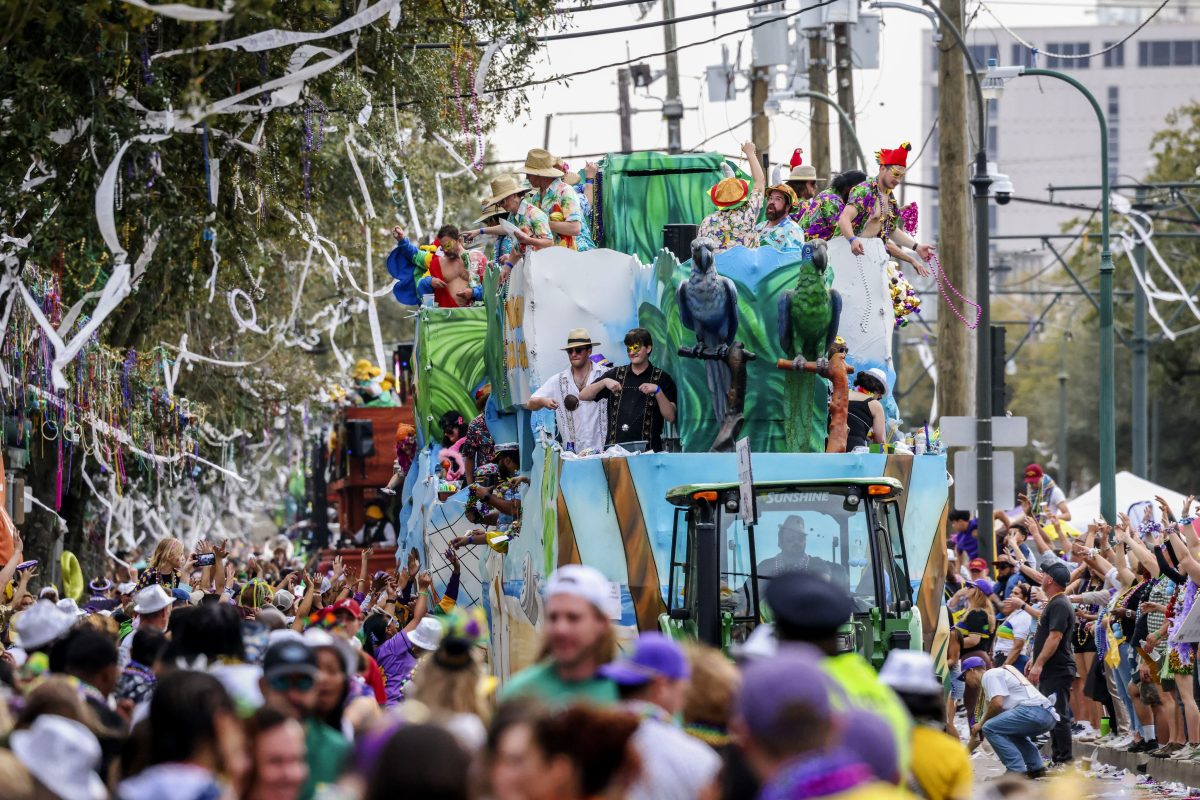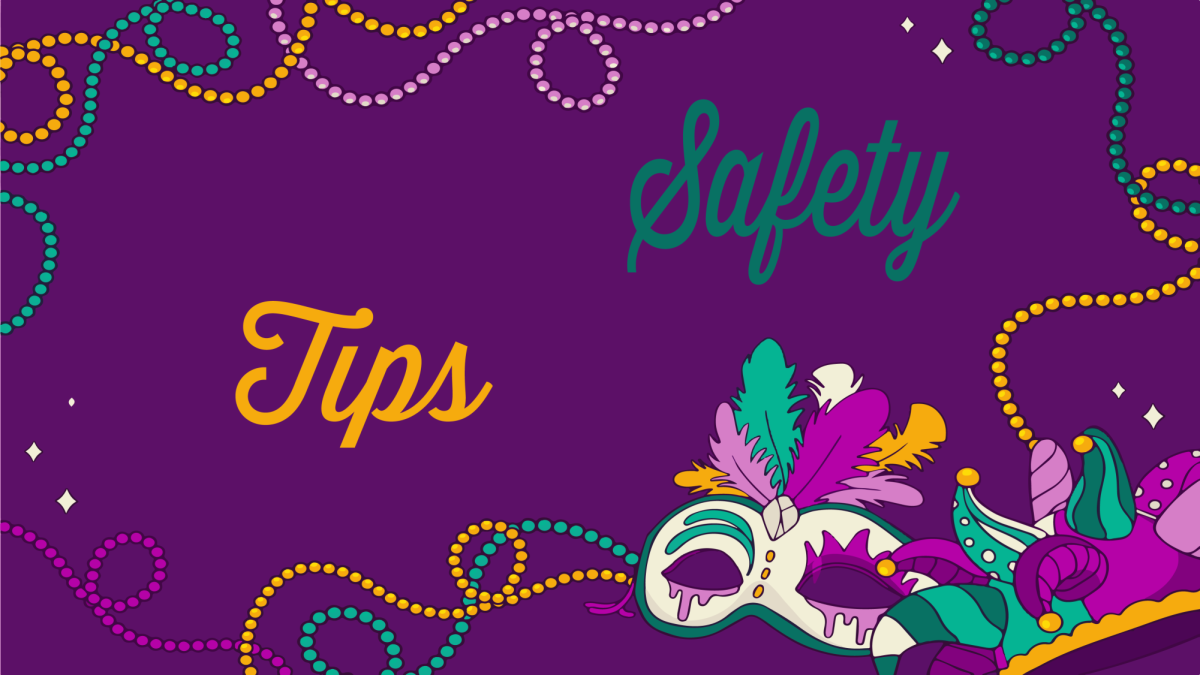WASHINGTON (AP) — Retail sales fell unexpectedly in March, delivering a setback to hopes that the economy’s steep slide could be bottoming out.
The Commerce Department said Tuesday that retail sales dipped 1.1 percent in March. It was the biggest decline in three months and a much weaker showing than the 0.3 percent increase that analysts expected.
A big drop in auto sales led the overall slump in demand. Sales also plunged at clothing stores, appliance outlets and furniture stores.
Meanwhile, the Labor Department reported that wholesale prices plunged 1.2 percent in March as the cost of gasoline, other energy products and food fell sharply.
Gas prices fell 13.1 percent, the steepest drop since December, while food costs dipped 0.7 percent. Excluding volatile food and energy prices, the Producer Price Index was unchanged, below analysts’ forecasts of a 0.1 percent rise.
Federal Reserve Chairman Ben Bernanke said Tuesday there’s been “tentative signs” that the recession may be easing. But he also warned that any hope for a lasting recovery hinges on the government’s success in stabilizing shaky financial markets and getting credit to flow more freely again.
“Recently we have seen tentative signs that the sharp decline in economic activity may be slowing,” Bernanke said. “A leveling out of economic activity is the first step toward recovery. To be sure, we will not have a sustainable recovery without a stabilization of our financial system and credit markets.”
In remarks prepared for students and faculty at Morehouse College in Atlanta, Bernanke mentioned improvements in recent data on home and auto sales, home building and consumer spending as flickering signs of encouragement. But his speech was prepared before the retail sales and other data were released.
On Wall Street, stocks fell Tuesday after the unexpected drop in retail sales outweighed better-than-expected profit reports from Johnson & Johnson and Goldman Sachs Group Inc. The Dow Jones industrial average lost about 85 points in morning trading and broader indices also fell.
In a separate report, the Commerce Department said business inventories fell for a sixth straight month in February. The 1.3 percent decline matched the January drop and was close to the 1.2 percent fall that economists had expected.
Seasonal adjustments could partly explain the unexpectedly weak showing for retail sales. The March 2008 performance had been boosted by an early Easter, while the holiday did not occur this year until April, delaying some shopping.
The overall economy, as measured by the gross domestic product, fell at an annual rate of 6.3 percent in the final quarter of last year, the biggest slide in a quarter-century led by the largest drop in consumer spending in 28 years. Consumer spending is closely watched because it accounts for about 70 percent of total economic activity.
The 1.1 percent drop in retail sales last month followed a revised 0.3 percent increase in February, originally reported as a 0.1 percent fall. Retail sales rose 1.9 percent in January, which followed six straight months of declines.
For March, auto sales fell 2.3 percent, following a 3 percent drop in February. Auto sales in March were 23.5 percent below year-ago levels as automakers struggle through their deepest downturn in decades.
General Motors Corp. and Chrysler LLC have received billions of dollars of support from the government in recent months with the administration demanding more painful restructuring before the companies will get further bailout assistance.
Excluding autos, retail sales fell 0.9 percent after a 1 percent rise in February. That also was worse than analysts’ forecasts of a flat reading for last month.
Sales at appliance stores fell 5.9 percent last month and furniture stores reported a 1.7 percent decline. Sales at specialty clothing stores fell 1.8 percent and dipped 0.2 percent at general merchandise stores, a category that includes Wal-Mart Stores Inc., Target Corp. and Macy’s.
Sales at gasoline stations fell 1.6 percent, while food and beverage stores saw one of the few increases for the month, a rise of 0.5 percent.
Many retailers reported same-store sales declines for March, but some boosted at least the low end of their quarterly guidance including TJX Cos., American Eagle Outfitters Inc., Hot Topic Inc., Aeropostale Inc. and J.C. Penney Co.
Wal-Mart said same-store sales excluding fuel rose 1.4 percent in March, failing to meet analysts’ expectations. The world’s largest retailer blamed the timing of Easter for the miss and said it still expected first-quarter results would be at the high end of its guidance.
President Barack Obama on Friday said the economy was beginning to exhibit some “glimmers of hope.” But many private economists believe the best that can be hoped for is that consumer spending will stop falling and stabilize at low levels.
Analysts believe any significant rebound in sales will require an end to the thousands of weekly layoffs battering the labor market. The economy lost a net total of 663,000 jobs last month, pushing the unemployment rate to 8.5 percent, the highest level in 25 years.
The current recession began in December 2007 and is expected to become the longest downturn in the post World War II period. While many economists believe it could end by this fall, they expect unemployment will keep rising until this time next year, possibly as high as 10 percent.
——Contact The Daily Reveille news staff at [email protected]
Retail sales fall unexpectedly in March – 10:10 a.m.
April 13, 2009






